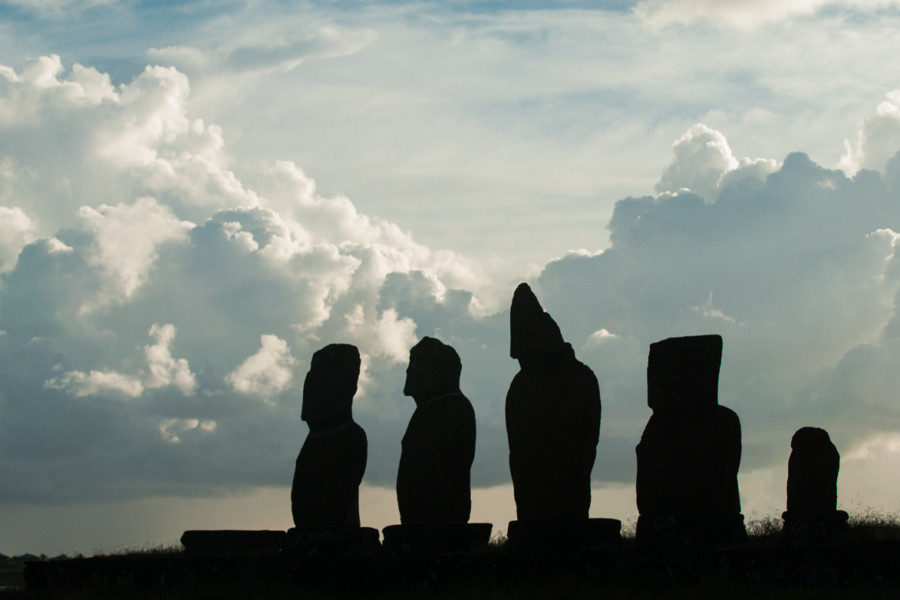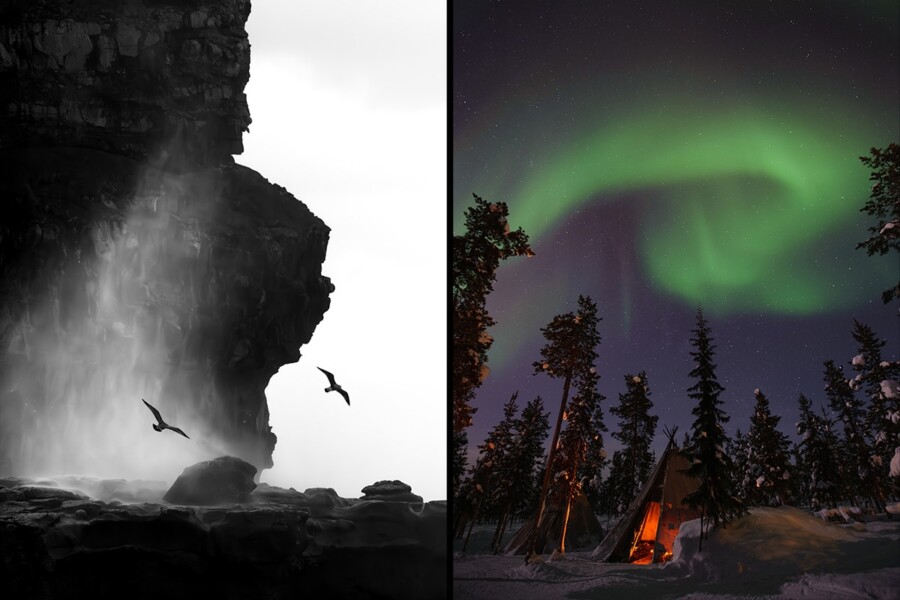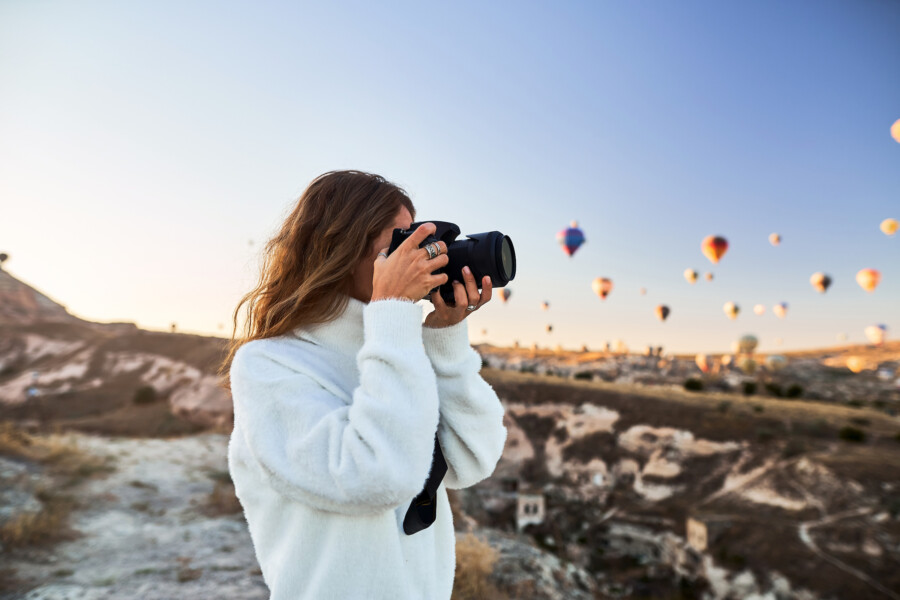Share
5 Common Copyright Misconceptions Held by Photographers
The most recent version of the Copyright Law of the United States (December 2016) weighs in at a whopping 354 pages. And while there are areas of a...

The most recent version of the Copyright Law of the United States (December 2016) weighs in at a whopping 354 pages. And while there are areas of ambiguity, the basics and benefits of copyright registration for photographers are well-documented. Unfortunately, well-documented doesn’t mean well-understood, so we asked attorney (and former photo rep) Leslie Burns to weigh in on a number of common copyright misconceptions that still persist, and why you should register your copyright.
Disclaimer: The information herein does not constitute legal advice. As always, consult with a lawyer for your particular circumstance!
1. If I publish a photo without registering my copyright first, I can’t sue for damages.
U.S. Copyright Law has two forms of damages: 1) actual, and 2) statutory.
The moment you take a photo, (unless you are an employee or signed a terrible work-for-hire deal) you own the copyright and have some protection. But without registration, you are only eligible for actual damages which means the “market value” of the image’s license, plus the defendant’s profits directly connected to the infringement, if any. If someone uses your image on their Instagram account, the actual damages might be so low as to make it impractical to sue.
The main benefit of registering your images is the ability to sue for statutory damages. If a person or organization willfully infringes your photo, you can sue for up to $150,000 per infringement image. Non-willful has a maximum of $30,000. You might get attorneys’ fees, too.
“Publication in copyright law,” says Burns, “is not what most people think. Online use may or may not be published—if you offer the work for others to license or use or if you provide it to a client for its use, then it is published; but if you just display the work online (or in a gallery) it probably is not published.” If it is published, then you have up to 3 calendar months to register the copyright and it is as if you registered it on the date you first published the work, so any infringement after that can get the statutory damages. If you wait, then only infringements that start after you register the copyright can get the statutory damages and attorneys’ fees. For unpublished work, only infringements that start after registration can get statutory damages and attorneys’ fees.

Photo by Allen Murabayashi
2. Newsworthy content can be used without compensation under the fair use doctrine.
Burns says newsworthiness “is not a ‘get out of jail free’ card for infringers, but it can be part of one of the four factors for Fair Use. Still, it’s generally a loser for the infringer.”
In Fitzgerald v. CBS Broadcasting, Inc., 491 F. Supp. 2d 177, 189 (D. Mass. 2007), the court stated, “If news and entertainment media could use a photographer’s work without payment, then no news or entertainment media would license any photographs from photographers, thereby drying up the source for such photographs.”
3. Mailing yourself a letter with your content protects your copyright.
No!
Mailing yourself does not confer any legal benefits, nor the ability to sue for statutory damages (up to $150,000 per image).
4. When you believe you’ve been infringed, you should seek for maximum statutory damages right off the bat.
It’s impossible to generalize an approach without knowing the specifics of a case, and if willful infringement has occurred, Burns says, “there is no reason not to plead for full damages in court.” But court cases can be expensive in time and money and she reasons that “the point of settlement discussions is to save everyone the considerable cost and hassle of litigation, so asking for the moon and the stars, right at first, gives the other side no reason to agree—they lose nothing by litigating if you demand $150K pre-suit.”
Some lawyers take a more aggressive tack, but Burns cautions that “the courts don’t like it when plaintiffs are too aggressive right out of the chute, especially if they litigate without even trying to settle first.” And filing a “frivolous” suit isn’t without risk because if “it gets dismissed, the photographer (not the attorney!) may very well have to pay the opposing party’s attorneys’ fees and costs,” warns Burns.
Speaking with a few lawyers when your copyright has been infringed is part of a photographer’s due diligence in determining a course of action because each case needs to be evaluated on its own merits.
5. Copyright Collections Firms are a Photographer’s Best Recourse for Infringement.
A number of services provide photographers with an automated way to find potential infringements, and then initiate a collections process with a click of the mouse. Some photographers like the “works in the background” approach, which can provide a passive income source. Burns thinks the services overcharge the photographer with a 50% or more settlement fee.
But more importantly, she says the photographer loses control in the process because 1) their Terms of Use often require the photographer to use them to settle cases they find, and 2) “they are compelled as businesses to make as much money as possible (literally, the business laws say so) whereas attorneys must put clients’ best interests first, including above our own.”
The bulk approach to settling cases quickly for potentially less than their full value makes sense for these types of business that need to scale, but they don’t necessarily play to an individual’s best interest.
Additional reading:
- https://copyrightalliance.org/education/faqs/copyright-registration/
- http://www.burnstheattorney.com/2018/06/01/more-is-not-better/
- http://www.burnstheattorney.com/2018/02/26/not-one-month/


